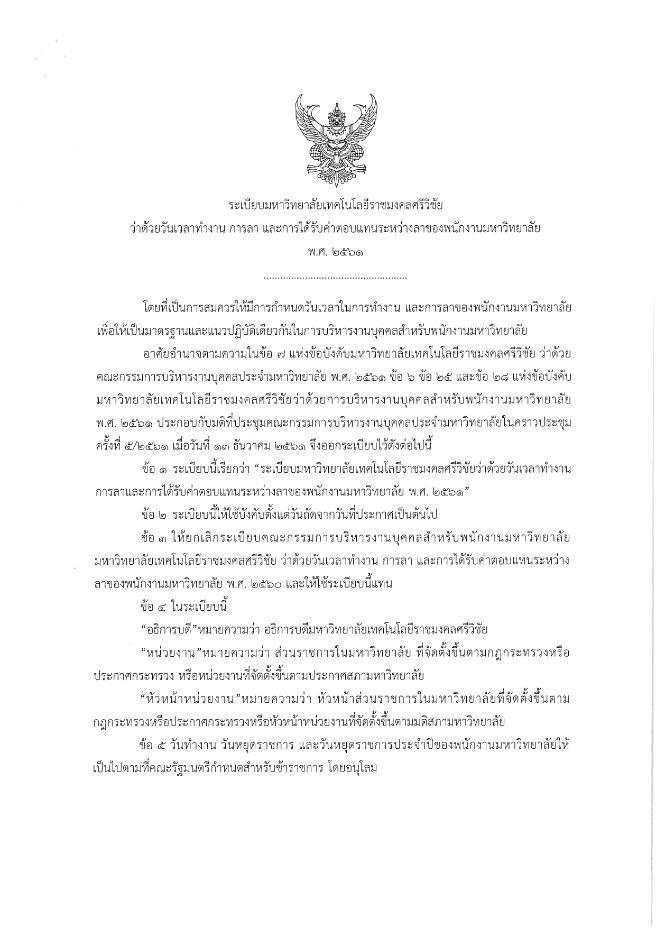Reporters: Asst.Prof. Saowanee Chaipech, Dr. kittichon Utaynapun, Mr. Ugrit Chammari Asst.Prof. Sudanai Krualee,
Evidence Date: 2024 May
Related SDGs:

Related Indicators: Please put related SDGs indicators 12.2.7
Details:
The announcement from Rajamangala University of Technology Srivijaya on sustainable consumption and production since A.D.2022.
 |
Evidence I Using disposal materials for circular economy in aquaculture
The Photosynthetic Bacteria Bank, developed by Aquabiot Lab, Rajamangala University of Technology Srivijaya, is a biotechnological innovation derived from research to promote safe and eco-friendly aquaculture. It provides local farmers with high-quality photosynthetic bacteria for wastewater treatment, organic waste reduction, and improved aquatic animal health. The initiative emphasizes resource efficiency by reusing drinking water bottles as containers for storing and distributing bacterial cultures—effectively reducing plastic waste and embodying the circular economy concept. This project not only contributes to environmental sustainability but also serves as a model of integrating scientific knowledge with local wisdom to enhance the livelihoods of farming communities.
 |
 |
 |
 |
Evidence II : Sidewalk paving tiles from coastal marine waste
This research presents an innovative development that applies materials engineering knowledge to transform coastal marine waste into functional construction materials. The paving tiles are produced from plastic waste derived from beverage cartons, rubber, wood powder, and crab shells, utilizing principles of experimental design, product design, and hot compression molding technology to create products that meet user needs. The project promotes the reuse of discarded materials, industrial waste, and natural resources in product manufacturing, aligning with the Bio-Circular-Green (BCG) economic model and supporting the development of eco-friendly materials. Moreover, it contributes to plastic waste reduction and value creation from recycled plastics and crab shells, offering potential economic benefits for related industries and local businesses.
The resulting paving tiles exhibit superior toughness, corrosion resistance, high thermal stability, low water absorption, and cost-effectiveness compared to conventional products, as the main raw materials are composed of waste and natural by-products. This innovation demonstrates a sustainable approach to materials engineering that transforms environmental challenges into economic and social opportunities.
 |
 |
 |
 |



